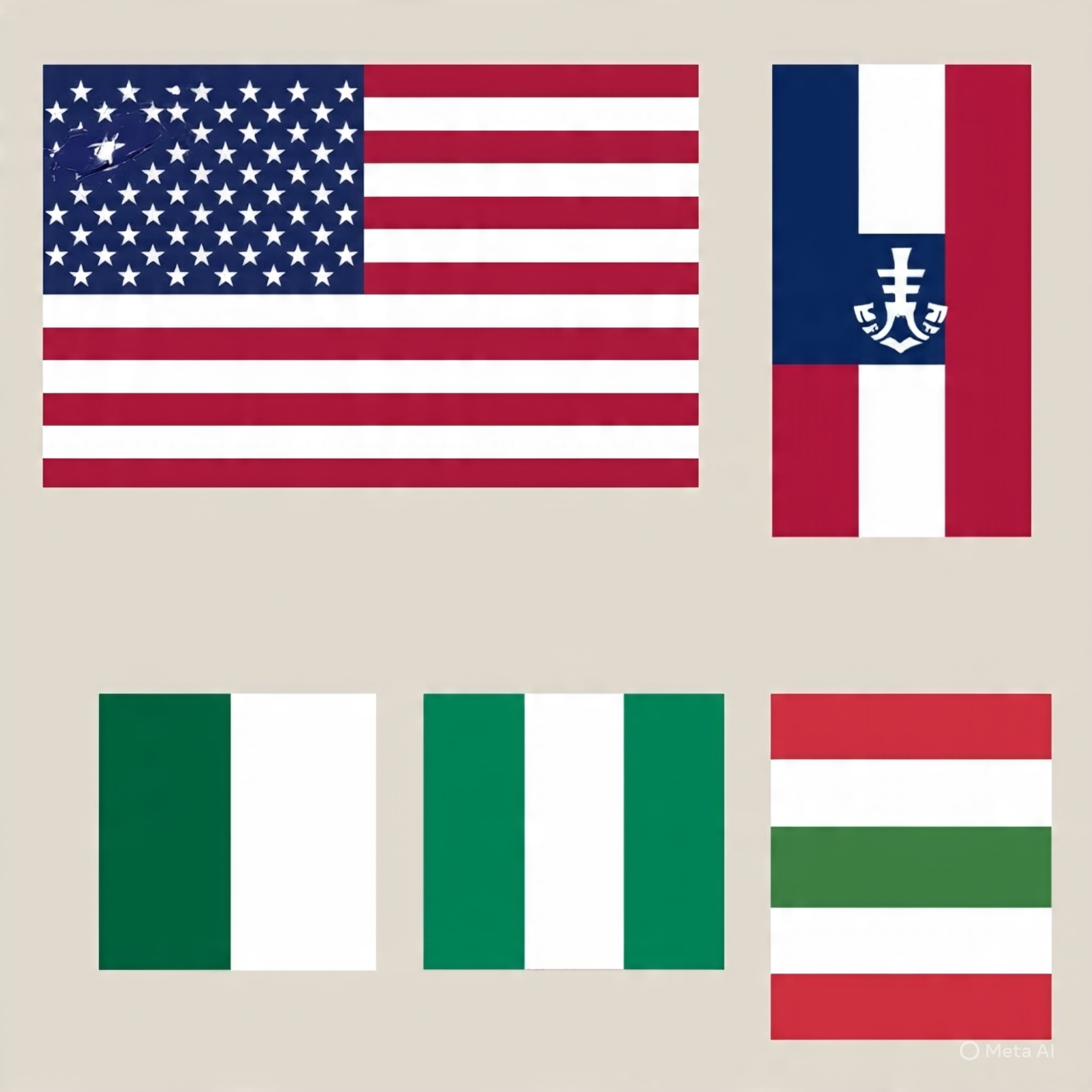
Here is how colonial powers, including America, took advantage of Nigeria and other African countries.
Economic Exploitation
Colonial powers exploited Africa’s natural resources, imposing their own economic systems and policies that benefited them at the expense of local populations. This led to
– Resource extraction: Colonial powers extracted resources such as palm oil, groundnuts, cocoa, cotton, and palm kernel from Africa, often using forced labor.
– Economic dependency: African countries were forced to rely on their colonial masters for economic support, creating a cycle of dependency that persists today.
Cultural Imperialism
Colonial powers imposed their own culture, language, and beliefs on African countries, suppressing local traditions and identities:
– Loss of cultural heritage: The imposition of foreign cultures led to the erosion of traditional African cultures and identities.
– Language barrier: The use of European languages as official languages hindered communication and development in African countries.
Political Interference
Colonial powers interfered in the governance of African countries, often supporting leaders who served their interests:
– Puppet governments: Colonial powers installed puppet governments that served their interests, rather than those of the local population.
– Undermining sovereignty: The interference in governance undermined the sovereignty of African countries, making it challenging for them to assert their own development agendas.
Legacy of Colonialism
The legacy of colonialism continues to impact Africa today, with many countries still struggling to overcome the economic, cultural, and political challenges imposed by colonial powers.³
To overcome these challenges, African leaders can focus on:
– Prioritizing national interests: Developing domestic industries and economies that benefit the local population.
– Promoting transparency and accountability: Ensuring good governance and accountability to the people.
– Investing in human capital and infrastructure: Developing the skills and abilities of the population, and investing in infrastructure that supports economic growth and development.
– Fostering regional cooperation and integration: Collaborating with other African countries to strengthen economic ties and promote peace and stability.
– Resisting external interference: Asserting sovereignty and protecting national interests from external influence.
















2a4f2a